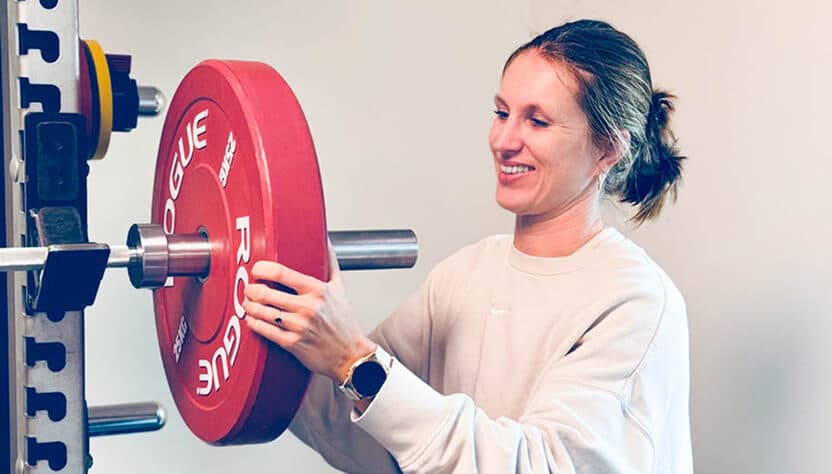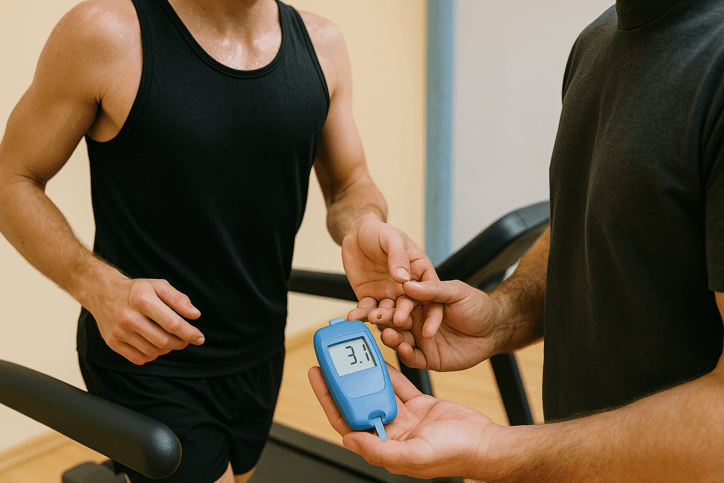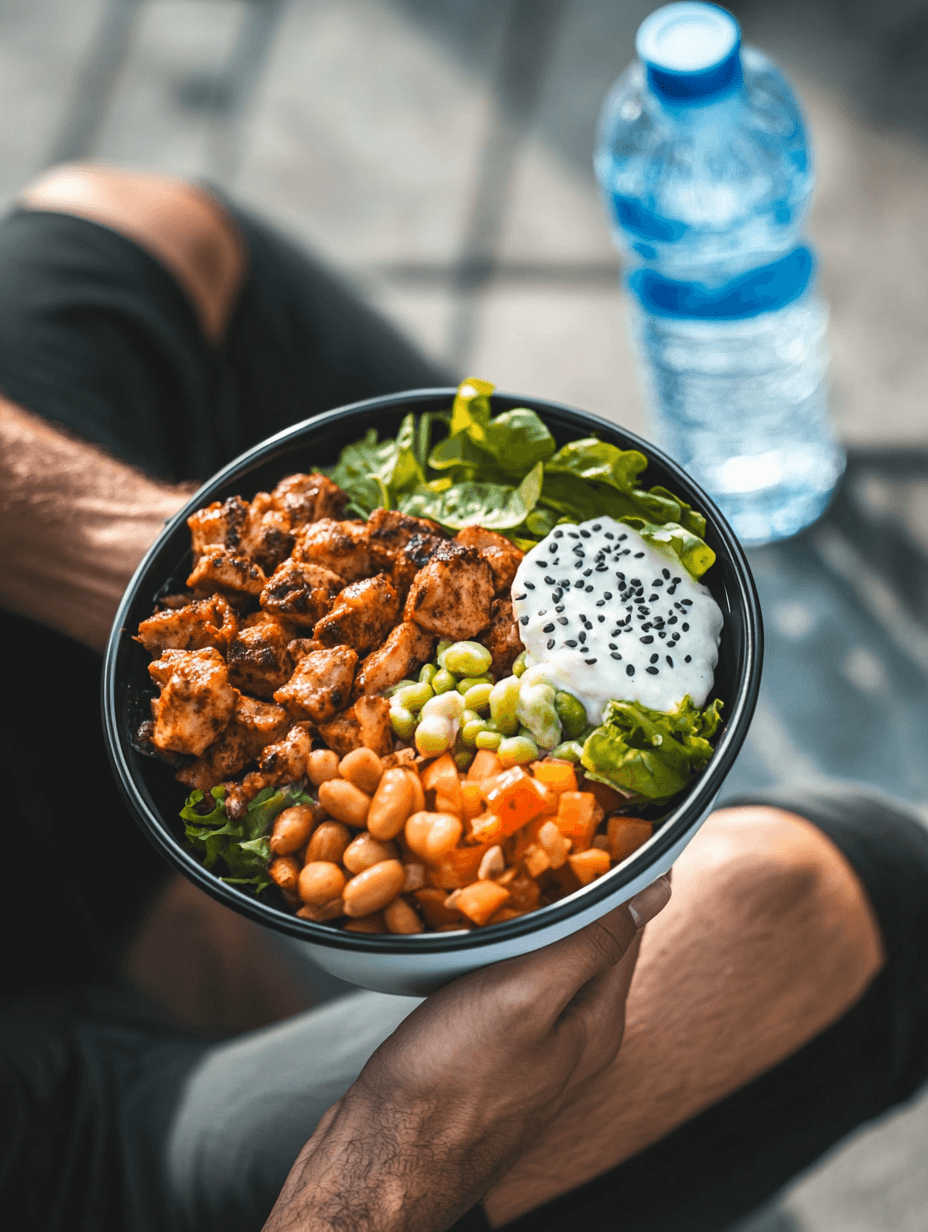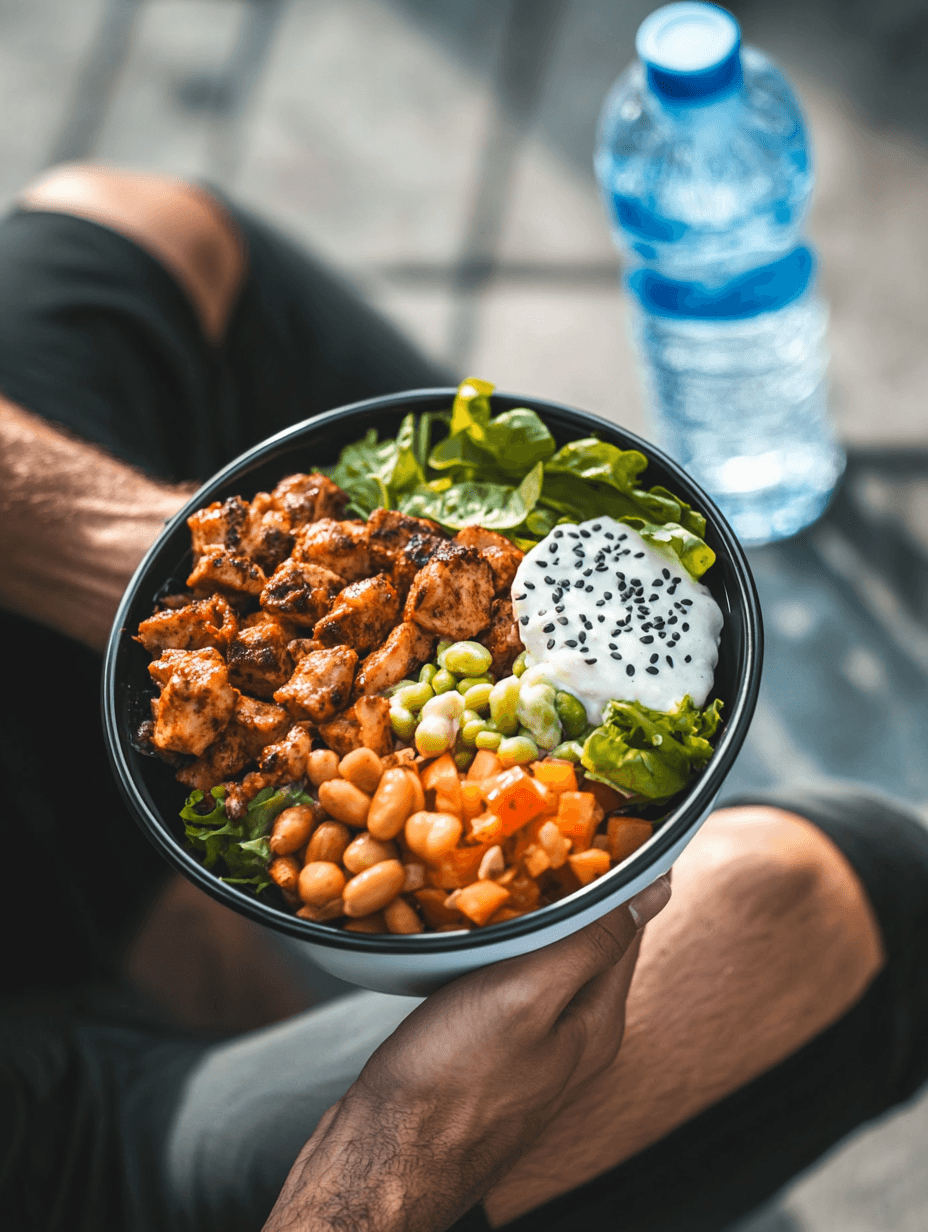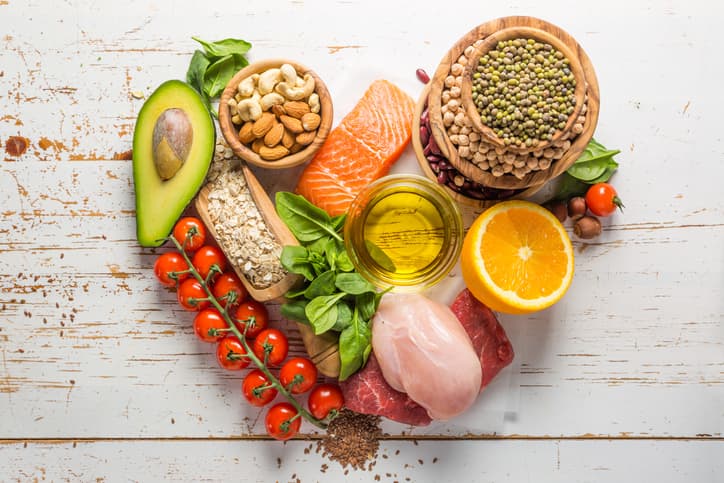Blog
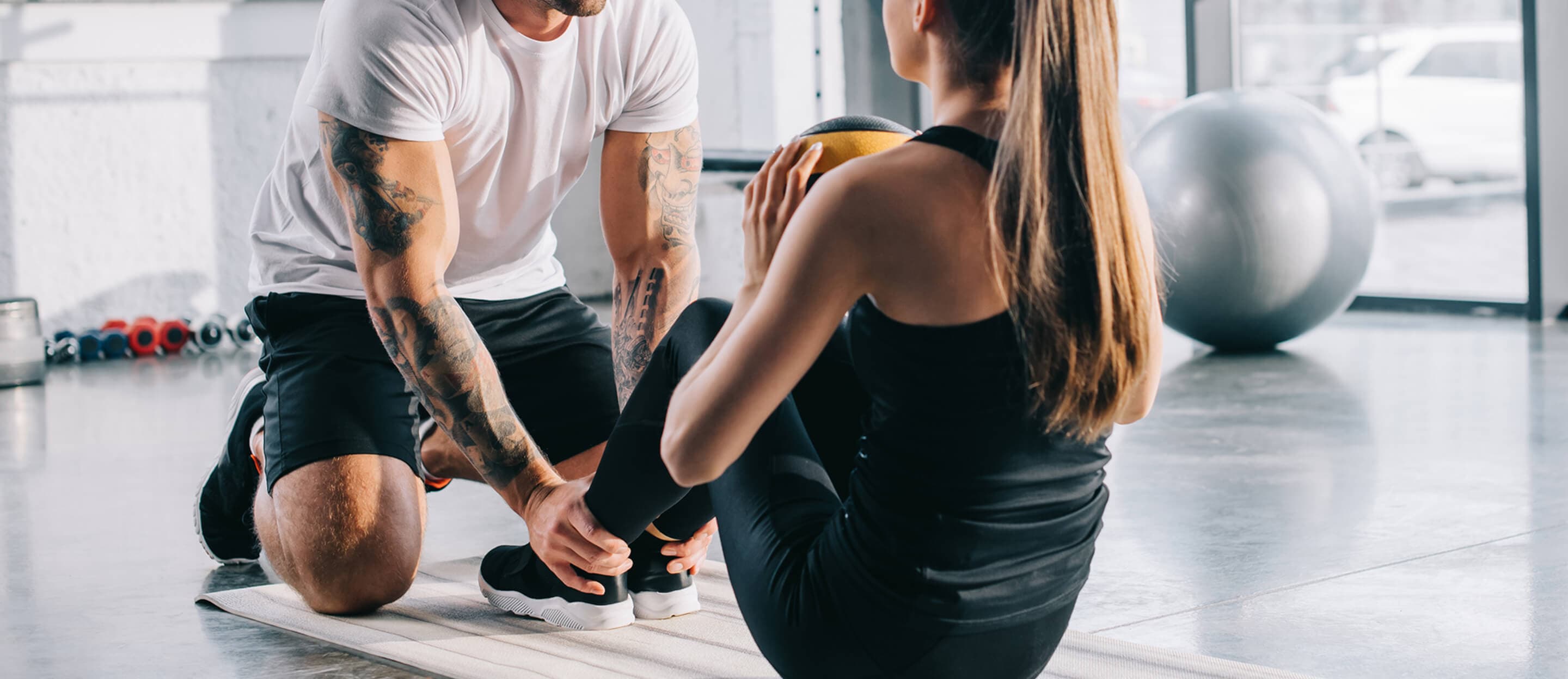

Healthy Eating: The path to a balanced lifestyle without dietary pressure
From healthy eating to extreme diets, from stacking carbs without eating fats to deleting carbs and eating as much fat as possible... You read so much about it these days, and it seems like everyone is on some sort of diet.
But which diet works best? Who is on the wrong track? And who is on the right track to that slim body we see on social media? And more importantly, do you actually want this?
What Works Best?
First, we want to start with the fact that the word "diet" should be banned from our vocabulary. Replace this word with healthy eating, and the world will suddenly look much rosier. We want to emphasize to you that there is no "best way", but a good way does exist. That road is different for everyone and depends on many factors. Ask yourself the following questions:
How many hours a day are you active? Do you have a physical or sedentary job? Do you practice any sports? Which one? Is it an endurance sport or a strength sport?
Depending on these answers, the first step to your healthy diet can be taken.
Listen to your body
We are by no means dieticians or health gurus, but based on our extensive experience as athletes, we would like to offer some tips on healthy eating.
For anyone starting out on a healthy path, we would especially recommend listening to your body throughout the process. If you feel hungry, eat something. If you don't feel hungry but your body feels incredibly tired, eat something!
We're not saying you have to provide a meal every time. A small, healthy snack is enough to get you going for a while. Even when you are traveling, always try to bring something healthy with you. That way, you won't be tempted to grab something on the go.
What is Healthy Nutrition?
We talk about healthy snacks, but what exactly is healthy food? We are convinced that you should be able to eat anything, in moderation. So don't push yourself into diets that no one needs. For example, the fewer carbs you eat, the more cravings will take their revenge after a few days/weeks. Just be conscious of what you eat and how much you eat; that will already go a long way in getting you going.
An ideal daily picture or protein/carbs/fats ratio is very personal. You need to have some idea of your daily consumption beforehand and thus have the answers to the above questions. In our opinion, the standard of a 2000kcal/woman and a 2500kcal/man has been outdated for quite some time. If necessary, enlist the help of a dietician if you are confused about this question, or consult one of the many apps where you can estimate your daily consumption.
Eating Healthy, Yet Not Losing Weight?
You often hear people say they eat healthy yet don't lose weight. Well, maybe they simply eat more than their daily consumption. An app can be useful for keeping track of your calories but don't overdo it. It's more of a tool to face the facts of what you eat in a day. It's not a tool to create an obsession!
We are fans of an 80-20% weekly ratio where 80% is healthy food and 20% is unhealthier food. Usually, we plan that 20% on the weekend since there is more time to enjoy the little things! Enjoy this 20% effectively; that way, you can easily go back to eating healthy for a whole week without enduring cravings for unhealthy things every day. Many people have a full 'cheat day' (a day where you allow yourself to eat anything). However, we personally don't think this is the best option as sometimes you can't stop eating and can quickly get to >3000 kcal.
Last but not least, put that scale aside for a while. Your body needs time to adjust to your new habits. In order not to encourage demotivation or obsession, we recommend that you stay off it for a while. Learn to sense and trust your body effectively, and you will see that it outperforms the numbers.
